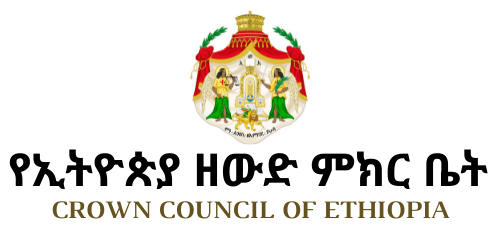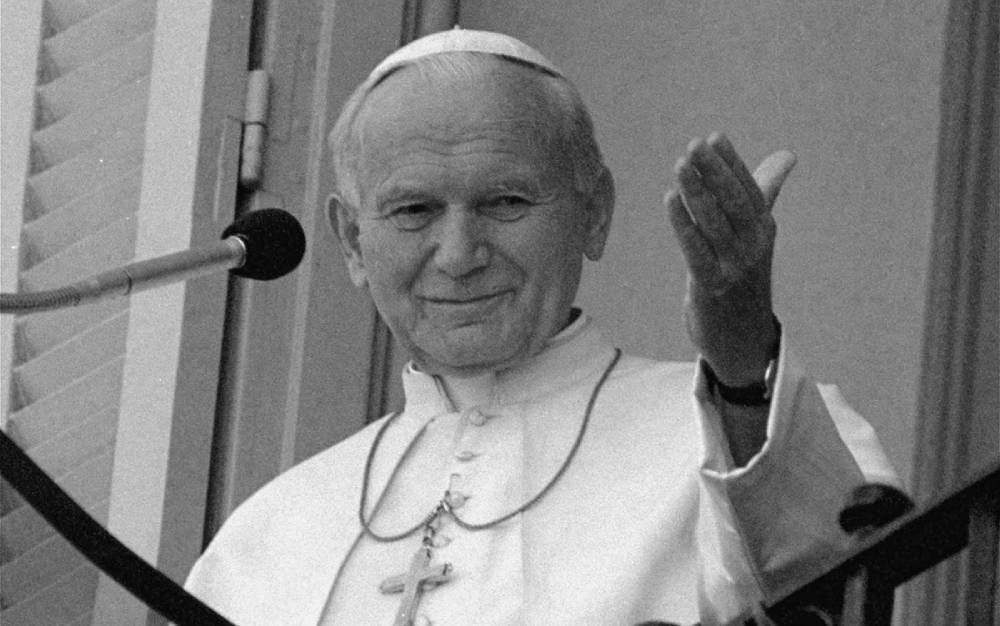Statement Given by HIH Prince Ermias Sahle Selassie and HIH Prince Bekere Fikre Selassie, on the Occasion of the Month Long Celebration of Bob Marley’s 60th Birthday, in Addis Ababa, Ethiopia
As the leaders of the Crown Council of Ethiopia, we would like to acknowledge the fact that what the Bob Marley Foundation has achieved in Addis Ababa, during the first two weeks of February 2005, is truly amazing! Who would have believed, even a few months ago, that Bob Marley, who has been deeply inspired by our late grandfather Emperor Haile Selassie I, would receive such high honor and public recognition in the presence of a few members of the Imperial family, Prime Minister Meles Zenawi, the Patriarch of the Ethiopian Orthodox Church, Leaders of all other Christian Denominations, Leaders of Muslim Faith, the Mayor of Addis Ababa, as well as Representatives of International Organizations, all in front of over 250,000 people!
It is a credit to Bob Marley’s memory that he has became the reason for once again hosting with pride the traditional Ethiopian Flag with the lion, which many African States and the Rastafarian Movement had modified and used as the symbol of African pride and independence. It is also in remembrance of Bob Marley that the photograph of Emperor Haile Selassie I was displayed with sentiment and respect in a country which had underrated and suppressed both the meaning of the flag and the contribution of the Emperor, since the 1974 revolution. The debate organized for African youth during the celebration so that they may consider how best to prevent massive brain drain, in order to facilitate social and economic development in our continent, is, indeed, an invaluable contribution. We hope that the steps taken to reconcile the Diaspora with the continent of their heritage will also have long lasting benefits. Furthermore, the revival of the spirit of African Unity is a reminder of the aspirations and the contributions of many Pan Africanists from all over the world, who had strived not only for territorial independence, but also for social and economic justice, which regrettably Africa is yet to achieve.
However, like many Ethiopians we are perplexed that while Bob Marley’s lyrics continues to re-affirm the historic significance of Ethiopia as a symbol of African civilization, pride and independence, the contribution of those who have inspired Bob Marley, particularly that of Emperor Haile Selassie I, and the Ethiopians Patriots who have safeguarded the unity and independence of our country, have not been accorded equal recognition and respect by their own compatriots. As we aim to sustain the dignity of Africans, we need to uphold historical integrity by teaching our youth that it is the sacrifice, courage, and united action of Ethiopian leaders and their people throughout the ages that has inspired Bob Marley. Our youth also need to be made aware, that Ethiopia deserves the credit for having inspired many African leaders, especially since the battle of Adawa in the late 19th Century to struggle and regain the independence of their respective countries.
Historical integrity also demands that we acknowledge the fact that Emperor Haile Selassie’s contribution as a Statesman, goes far beyond the fact that he was the source of the inspiration that lead to the establishment of the Rastafarian Movement. We believe that Bob Marley’s call for brotherhood and unity has opened the door for the people of the world, particularly Ethiopians, to weigh with outmost objectivity Emperor Haile Selassie’s achievements against his shortcomings, which he as a human being undoubtedly had. In doing so, however, we must judge him in the context of the ideological and material situation that prevailed in Ethiopia and the world in his time.
Since the 1974 revolution, much has been said about Emperor Haile Selassie’s failings. As the leaders of the Crown Council of Ethiopia, which in July 2004, decided to become a non-political organ of the Ethiopian Crown, it is our historic duty and honor to remind Ethiopians and the world at large, about the major achievements of the Emperor.
Emperor Haile Selassie was a pioneer who had done his outmost to move Ethiopia from the feudal age to the 20th Century. He had granted a modern Constitution by which his people are to be governed. He promoted the establishment of modern education and health care, so that they may benefit from advancements in the world. He instituted a central judicial system that is removed from political interference. He installed a modern system of banking and centralized taxation to bring his country to world standard. He also founded the Ethiopian Telecommunication Authority and Ethiopian Airlines to give his people exposure to the world. The main infrastructures that are found in Ethiopia today and also many educated Ethiopians are the product of his contribution. At the re-internment of the Emperor’s remains, in November 2000, the Patriarch and all the leaders of the Ethiopian Orthodox Church had borne witness regarding the Emperor’s tremendous contribution as the defender of the faith.
The world can not deny the fact: that Emperor Haile Selassie was the one who abolished slavery in Ethiopia; that he led his people in defending and securing Ethiopia’s independence during World War II; that he was highly distinguished for his foresight, courage and dignity in advocating collective security at the League of Nations, (an issue that still preoccupies the world); that he was magnanimous in giving immediate amnesty to the remnant of the Fascist Army; that Emperor Haile Selassie gave support and encouragement to Leaders of African Liberation Movements, such as Jomo Kenyata, Julius Neyrere, and Nelson Mandela; that he played a major role in establishing the Organization of African Unity, which even today remains as the African Union with its Headquarters still in Addis Ababa; and that the Emperor had made remarkable contribution as a mediator in conflict resolution in Africa. Thus, we owe it to succeeding generations to present a total picture of Emperor Haile Selassie’s history which far transcends the recognition accorded to him as the father of the Rastafarian Movement.
In line with the above, as Ethiopians and Rastafarians pledge to build a monument to Bob Marley in Addis Ababa in respect of his message, it is only fitting that they should also honor the source of Bob’s message by constructing a worthy monument of Emperor Haile Selassie I, and Ethiopia’s many unsung heroes, our nation’s Patriots. In the spirit of true unity advocated by Bob Marley, it is also our responsibility to remind our Rastafarian brothers and sisters that Emperor Haile Selassie, who was a devout Christian, has never claimed to be a deity. In fact, the Emperor was responsible for establishing the Ethiopian Orthodox Church in the Caribbean.
We extend our most sincere thanks to the Rastafarian community for honoring their African heritage; for preserving part of Ethiopia’s history in artistic and photographic form; for upholding the memory of Emperor Haile Selassie I; for their offer to help build a Museum in Addis Ababa, to house Imperial Ethiopian heritage. Above all, we thank them for re-kindling the spirit of Africa unity and reconciliation, that is inline with the vision of our forefathers who strove for political, social and economic justice. As we follow in their footsteps, we need to have courage and integrity to recognize that we ourselves have to take the lead role in becoming masters of our continent’s destiny.
May Almighty God help us all!




